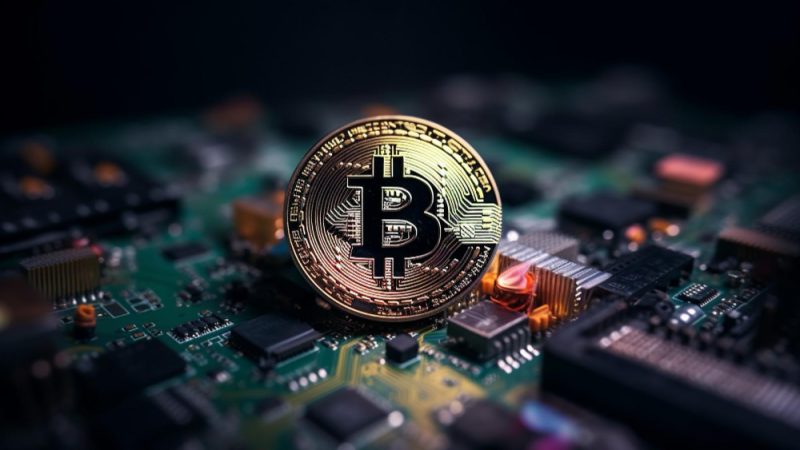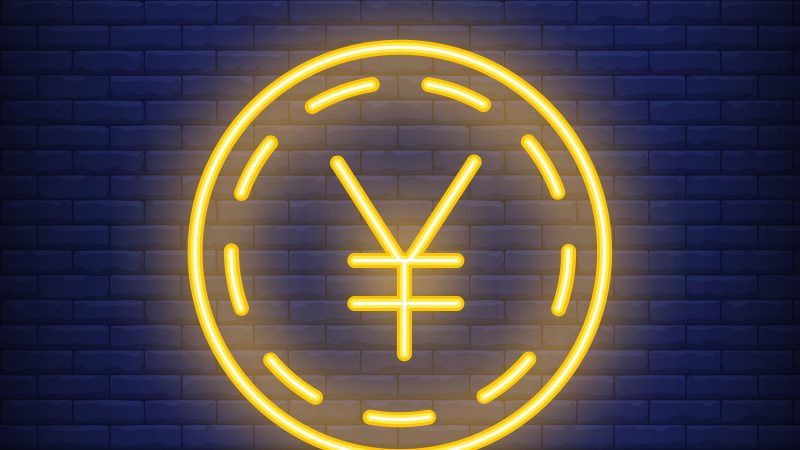Bitcoin confirmations: Understanding transaction validation and security in simple terms

As digital currencies gain more popularity, understanding how confirmations work and the factors that influence their timing becomes essential. This article dives deep into the concept of confirmations in Bitcoin and the various factors that can impact confirmation times. If you have a keen interest in Bitcoin, check out how FXS is gaining traction in the crypto space.
Confirmations in Practice
Confirmations in Bitcoin transactions are an essential aspect of ensuring the validity and security of transactions. When a Bitcoin transaction is initiated, it enters a pool of unconfirmed transactions known as the mempool. Miners, who are responsible for validating and adding transactions to the blockchain, select transactions from the mempool to include in a new block.
Once a transaction is included in a block, it receives its first confirmation. Each subsequent block added to the blockchain contains more confirmations for that transaction. As more blocks are added, the transaction becomes increasingly secure and resistant to potential attacks or reversals.
The number of confirmations required for a transaction to be considered fully confirmed varies depending on the circumstances. Generally, for smaller transactions, one confirmation may be sufficient, while larger transactions may require multiple confirmations to ensure their integrity.
Miners play a crucial role in the confirmation process. They compete to solve complex mathematical puzzles to validate transactions and create new blocks. Once a miner successfully solves a puzzle, they propagate the new block across the network, and the included transactions receive additional confirmations.
Confirmation time can vary based on several factors. Network congestion, caused by a high volume of pending transactions, can lead to delays in confirmations. Additionally, the transaction fee offered by the sender can influence the priority given to a transaction by miners. Higher transaction fees often incentivize miners to include the transaction in the next block, resulting in faster confirmations.
To expedite confirmations, users can adjust the transaction fee they attach to their transaction. A higher fee can incentivize miners to prioritize the transaction and include it in the blockchain sooner. However, it’s important to strike a balance between a reasonable fee and the desired confirmation time to avoid overpaying for confirmations.
While confirmations enhance the security of Bitcoin transactions, it’s important to note that a small risk of double-spending exists until a transaction receives a sufficient number of confirmations. Double-spending involves attempting to spend the same Bitcoin twice, which is prevented by confirmations as they validate the transaction’s inclusion in the blockchain.
Factors Influencing Confirmation Time
Network congestion is a significant factor that can impact confirmation time. When the Bitcoin network experiences a high volume of pending transactions, it can result in congestion, causing delays in confirmations. During periods of increased network activity, such as when there is a surge in transaction volume or during popular events like initial coin offerings (ICOs), confirmation times may be longer than usual.
Transaction fees also play a crucial role in determining the priority of a transaction. Miners are typically more inclined to include transactions with higher fees in the blocks they mine, as these transactions provide them with greater rewards. If a transaction has a low transaction fee attached to it, miners may prioritize other transactions with higher fees, resulting in longer confirmation times for lower-fee transactions.
To expedite confirmations, users can choose to attach a higher transaction fee to their transactions. By offering a more attractive fee, users incentivize miners to include their transactions in the next blocks, increasing the chances of faster confirmations. It’s important to consider the prevailing fee market and strike a balance between the desired confirmation time and the fee amount to avoid overpaying unnecessarily.
Another factor that can impact confirmation time is the size of the transaction. Bitcoin transactions are measured in terms of their data size, typically measured in bytes. Larger transactions require more space in the blocks, which means they may take longer to be included in the blockchain.
Additionally, the level of transaction activity on the Bitcoin network can affect confirmation time. If the network is experiencing a sudden surge in transaction volume, it can lead to increased competition among transactions for inclusion in the limited block space. In such cases, transactions with higher fees or priority can receive faster confirmations, while others may experience delays.
Conclusion
By validating transactions and adding them to the blockchain, confirmations protect against potential risks, such as double-spending attacks. Factors such as network congestion, transaction fees, transaction size, and overall transaction activity can influence confirmation times. Understanding these factors empowers users to navigate the Bitcoin network more effectively and make informed decisions regarding transaction fees and timing.






